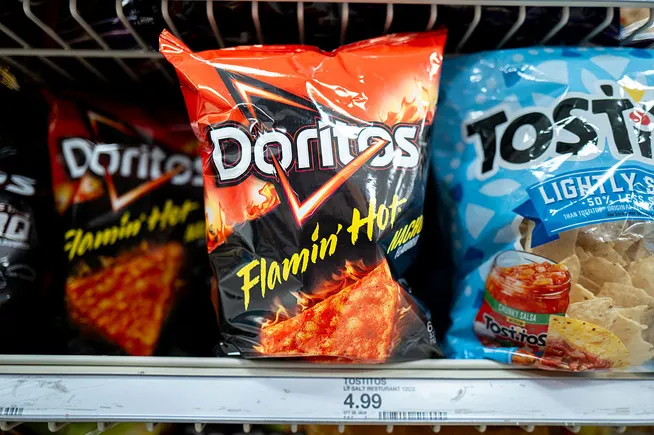The state of Texas is taking a bold step towards consumer safety by introducing a bill that would require food manufacturers to add warning labels to products containing certain additives and artificial colors. These labels would indicate that the ingredients are “not recommended for human consumption” according to international authorities in countries such as Australia, Canada, the European Union, or the United Kingdom.
If signed into law by Governor Greg Abbott, this legislation would apply to food products developed or copyrighted on or after January 1, 2027. Companies found in violation of the law could face fines of up to $50,000 per day, enforced by the Texas attorney general.
This move by Texas is part of a larger trend across the United States to address concerns about the impact of food additives on public health. Nearly 30 states have introduced or passed legislation restricting the use of certain chemicals and synthetic dyes in food products. Just recently, West Virginia banned the sale of products containing seven commonly used additives and colors.
While states are taking action, federal regulators are also urging the food industry to transition away from artificial dyes before the 2027 deadline. However, some companies, particularly in the candy and snack sector, have raised concerns about the feasibility of this timeline and have called for more federal guidance to avoid a patchwork of state laws.
Erin Raden, a senior director at the Consumer Brands Association, testified before Texas lawmakers in February, advocating for federal uniformity in addressing ingredient restrictions. She emphasized the challenges and costs associated with making labeling changes across product portfolios within a limited timeframe.
Unlike California’s Prop 65, which allows consumers to take legal action against businesses for failing to provide warnings about harmful chemicals, the Texas bill would leave enforcement up to the state attorney general. This approach aims to prevent costly private lawsuits while still holding manufacturers accountable for compliance.
Some of the ingredients banned in Europe but allowed in the U.S. include potassium bromate, azodicarbonamide, BHA, and brominated vegetable oil. Red Dye No. 40 and titanium dioxide are also restricted in Europe due to potential health risks. These ingredients, previously deemed safe by the FDA, have been linked to cancer or DNA damage in other countries.
Overall, the Texas bill reflects a growing awareness of the need to prioritize consumer health and safety in the food industry. As states and federal agencies continue to address these concerns, the push for transparency and accountability in food labeling is likely to shape the future of the industry.


